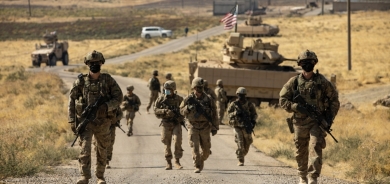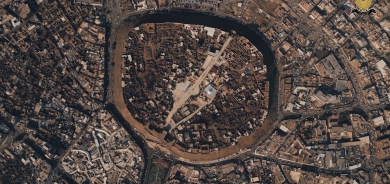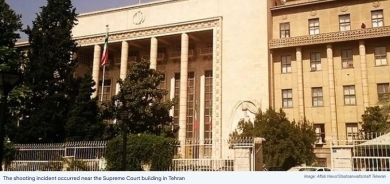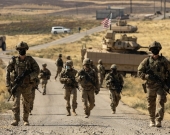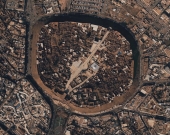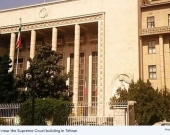President Barzani Hosts Annual Diplomatic Corps Meeting

At the outset of the meeting, Falah Mustafa Bakir, head of the KRG’s Foreign Relations Department, briefed the President about the policy priorities of his department and the activities of his Department with the foreign diplomatic missions to enhance ties and cooperation. He said that the KRG is constantly working to improve and expands its ties with the international community.
“The number of foreign diplomatic representations is constantly growing and we will soon witness the opening of the consulates of China, Kuwait and Bulgaria, and with this the number of foreign diplomatic representatives will increase to 29. In collaboration with diplomatic missions, we have managed to increase the number of commercial flights between the Kurdistan Region and the outside world. I want to thank those countries which have offered their assistance to Syrian refugees in Kurdistan. I also want to thank those countries which have offered their support to the KRG in its efforts to seek recognition of the crimes against the Kurdish people as crimes of genocide,” said Mr. Bakir in his opening remarks.
In his remarks to this annual gathering, President Barzani wished a happy new year to the members of the diplomatic corps, and then shed light on a number of key issues facing Iraq and the Kurdistan Region, particularly efforts currently underway to form the new KRG government, the crisis in the Anbar province, relations between Erbil and Baghdad, and participation of Syrian Kurds in the upcoming Geneva II conference on Syria.
“We know that the government formation process has taken longer than we expected, but we wanted to form a broad-based government that included all political sides. We want to form a government that will maintain stability and calm and provide services to the people, a government that will lead to four years of harmony and development,” said the President.
On the recent security situation in the Anbar province, President Barzani said, “We are concerned about the security situation in Iraq and particularly in Anbar province. This crisis is the result of an accumulation of problems which the Iraqi government should have addressed in the past. There is a danger that this crisis may spread to other provinces. We believe that the intervention of the Army will probably make the crisis more complicated.” He further added that the Iraqi government must respond to legitimate demands by the people of the province and prevent the fight against terrorists from turning into a sectarian strife between Shiites and Sunnis.
Regarding ties between Erbil and Baghdad, the President said: “There has been an exchange of visits and currently talks are underway between the two sides to reach agreement on the outstanding issues, including on Article-140, on funding for the Peshmerga forces and on oil and gas. We are ready to play a role in addressing the challenges facing Iraq, but it is important that no side is marginalized in the political process.” He also expressed his hope that the planned parliamentary elections are held on time in April.
President Barzani also talked about the humanitarian situation of Syrian refugees in Kurdistan and the participation of Syrian Kurds in the planned Geneva II conference.
“There are now more 250,000 Syrian refugees in Kurdistan. Added to this, are increasing number of internal refugees from Anbar province, as well as the thousands of Arab and Christian families which have sought refuge in the Kurdistan Region in the past. All this has put a lot of strain on the KRG resources and we ask the international community to assist us to host these large numbers of refugees.”
On behalf of the diplomatic corps, the Consul General of the Islamic Republic of Iran, Seyed Azim Hossaini, who is also the dean of the diplomatic corps, thanked President Barzani and the KRG Department of Foreign relations for the this opportunity.
At the end of the meeting, a question and answer session followed, and diplomats had the opportunity to ask specific questions of the President.


